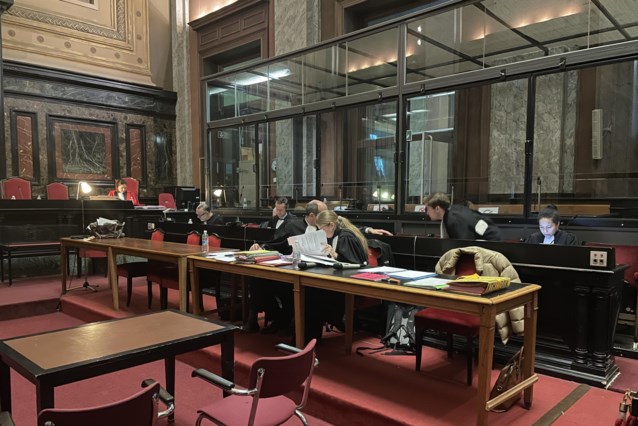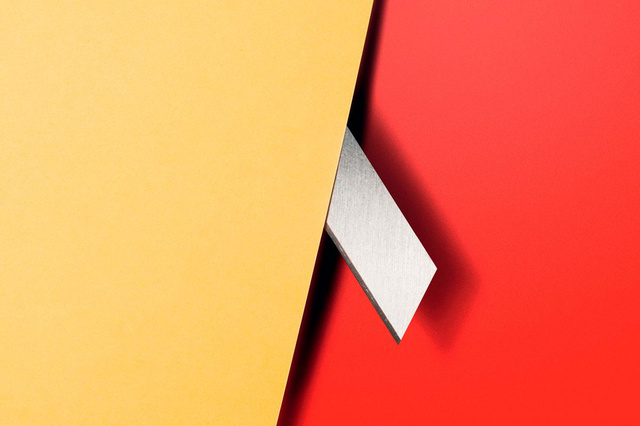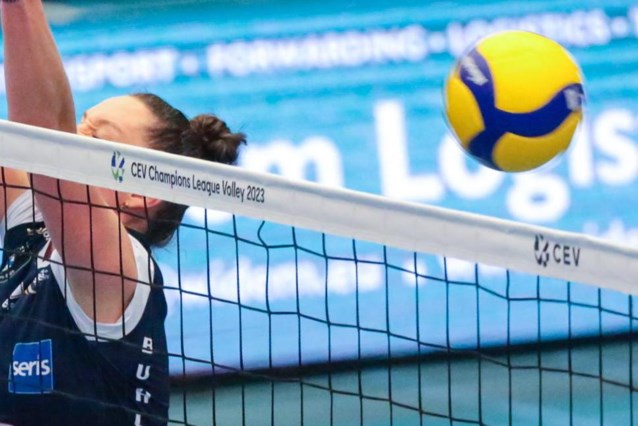Brussels as a drug trafficking hub? ‘Criminal networks are constantly moving’
Cocaine labs in the middle of the city, drug distribution from Brussels and stories about Colombian practices. Last week’s police raids put the capital on the map as a modified hub.
Brussels is a hotspot in the European drug trade. Or you could deduce that from the large-scale police action that took place in the capital last week. 144 house searches were carried out in Sint-Joost-ten-Node, Uccle, Molenbeek-Saint-Jean and Haren, among others. 1,100 police officers were involved in the investigation and 64 people became cases. This happened in the context of the Sky ECC investigation, in which the police were able to gain access to all improved crypto telephones.
Eric Jacobs, director of the federal judicial police of Brussels on the action. Image of he Brussels a hub in the distribution network of the Albanian mafia.
Among other things, six cocaine extraction labs were rounded up. One of them is outside in Haren, the tranquility in or in the vicinity of Brussels. Tons of products and materials were created at those locations that were impregnated with cocaine. Impregnation of other products with cocaine is a common practice to get drugs across the border, says Bob Van den Berghe of the United Nations Office for Drugs and Crime. “It is very difficult to detect that cocaine, because dogs and other tests do not respond to it.”
Arriving in Europe, a lab has to be involved to make the cocaine available again. “That is a complex chemical process,” says Van den Berghe. “And if something goes wrong with that process, it can have dire consequences when you are in a built-up area with that lab.” The latter is also confirmed by criminologist Tom Decorte.
Why not opt for more remote locations for the clans, where the chance of detection also seems less great for them? “Those organizations are very opportunistic,” says Decorte. “Perhaps they reason that such a lab is definitely not expected in the city. They are certainly not tied to remote locations.”
Decorte has been arguing for the decriminalization of drugs for some time now. He sees the dangerous labs, but also the environmental damage involved, as one of the many excesses. “We can keep rolling up one after the organization, back again and again. Not much has changed in the last seventy years. You can ask yourself this is the right way to tackle the drug problem.”
An Algerian is said to have led the organization. The gang have been involved in the murder of an Albanian last year in Molenbeek, November would be a reckoning. The murdered Albanians themselves were also linked to a murder, La Capitale and Het Nieuwsblad wrote. According to them, the investigators also found horrific images on the crypto telephones of the suspects. There will have been torture, beheadings and images of bodies being dismembered. Federal prosecutor Frédéric Van warned in De Leeuw that Colombian practices were being received to our country.
Antwerp epicenter
But isn’t Antwerp the epicenter of the Belgian drug trade? It seems obvious that a big city like Brussels will become a content. But it is striking that the capital is also actively used as a transit hub. “Antwerp has a world port, of course a lot is received along that route”, says criminologist Tom Decorte. “But drugs are even reached via smaller ports such as Zeebrugge or Le Havre.”
Decorte puts the image of one or another city in perspective as the hub of a hotspot. “The whole of Europe and the entire network consists of these kinds of hubs. Not everything can be distributed from Antwerp. Then they just look for the path of resistance. If they have more trouble somewhere, they just move.”

_Belga.jpg?style=W3sicmVzaXplIjp7ImZpdCI6Imluc2lkZSIsIndpZHRoIjoxMjAwLCJoZWlnaHQiOjYzMCwid2l0aG91dEVubGFyZ2VtZW50Ijp0cnVlfX0seyJqcGVnIjp7InF1YWxpdHkiOjc1fX1d&sign=76236a7647a589c6dafb9705dadb7ad732b82c3513f349fb8a2faf5bff235239)


